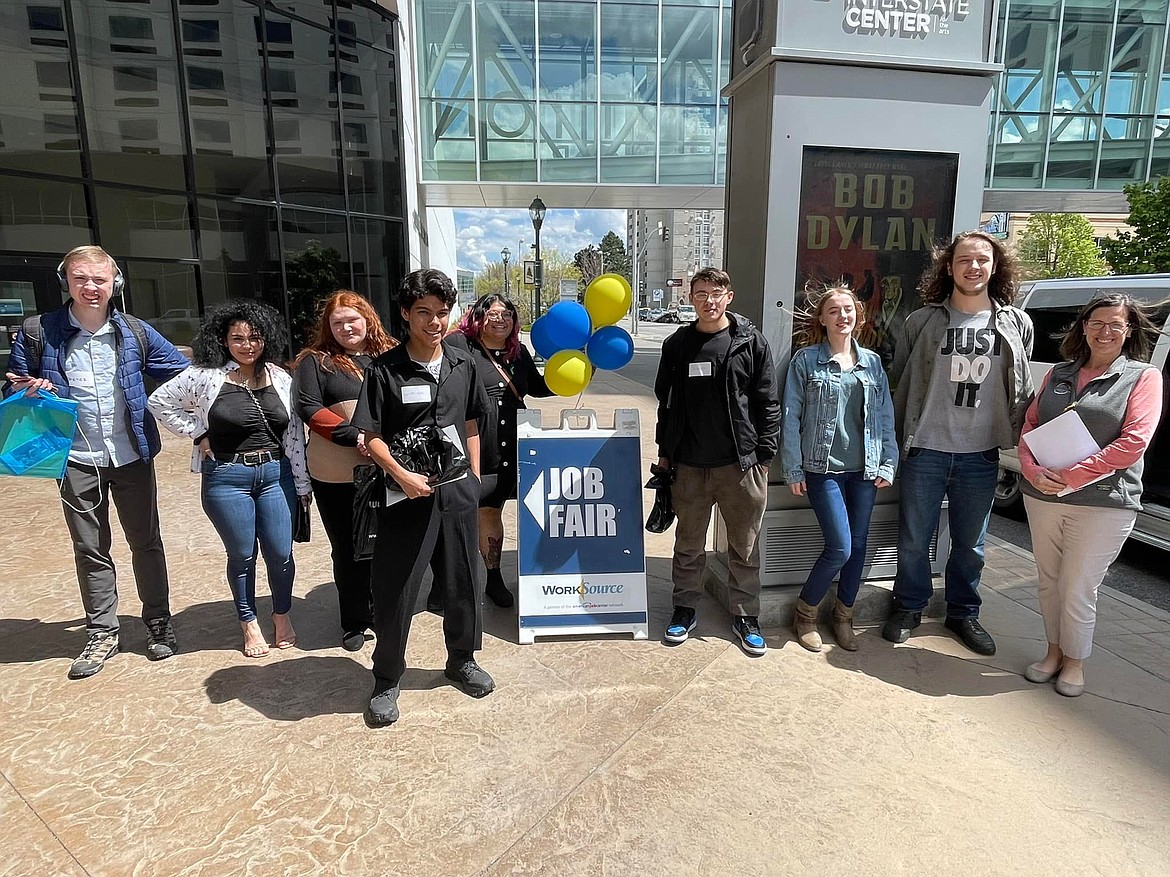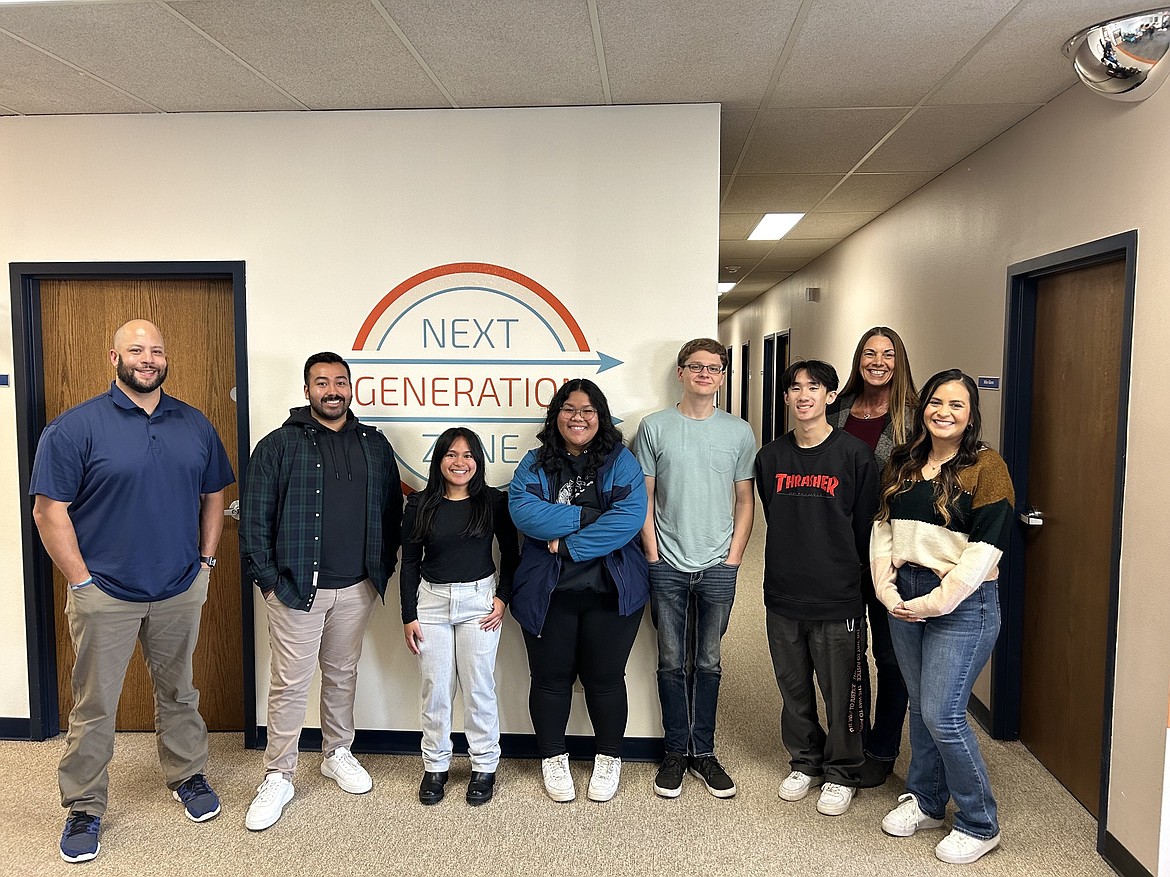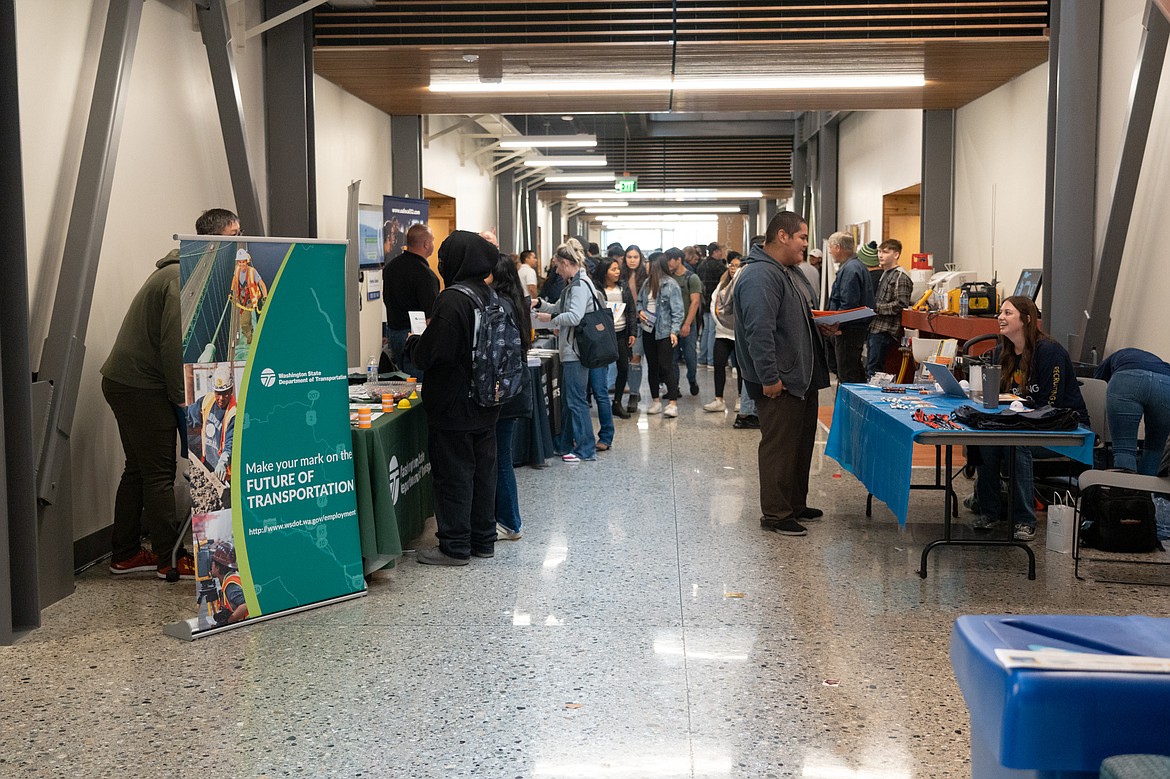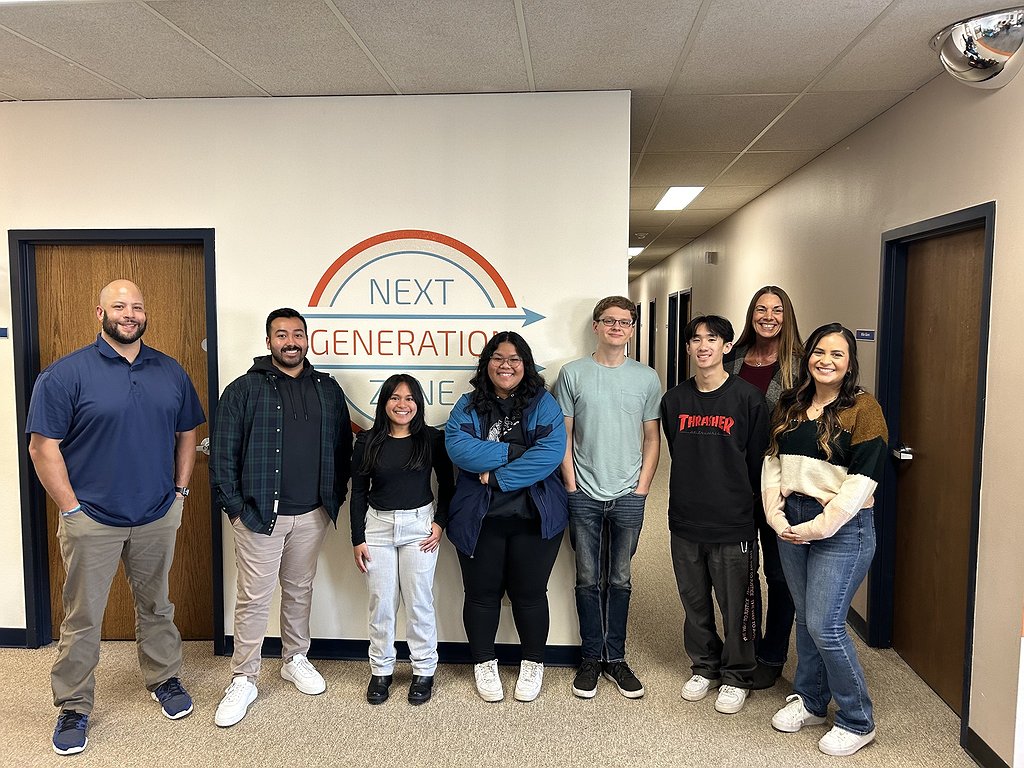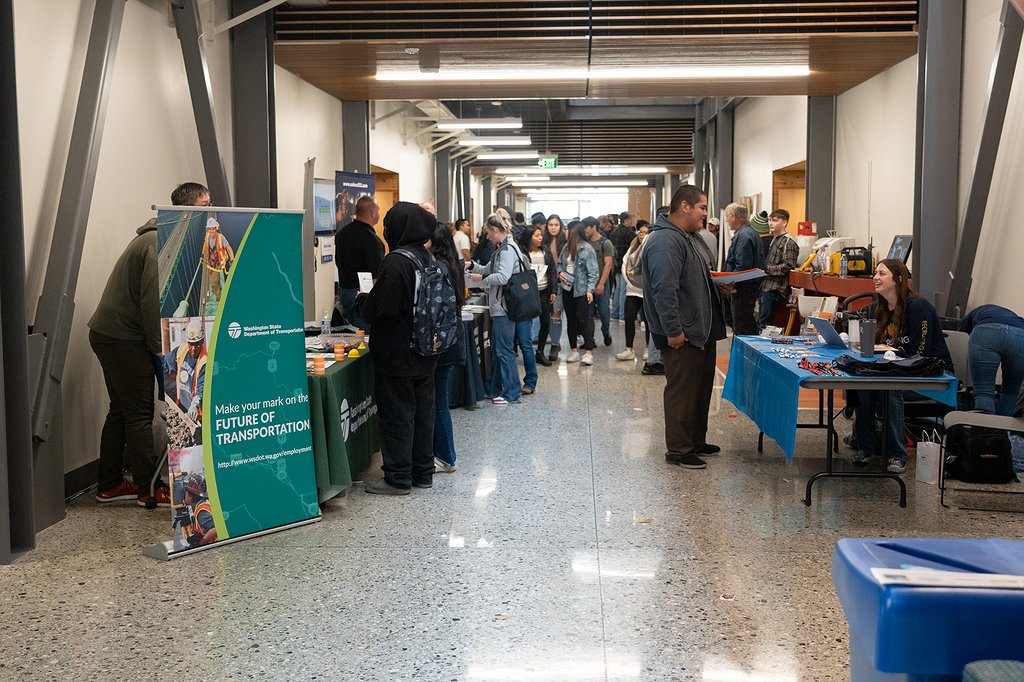Generation Z: Young workers are changing today’s workforce
MOSES LAKE — Generation Z employees are a completely different entity from other generations when it comes to the workforce.
Division Executive of System Advancement Kevin Williams, with the Spokane Workforce Council, and North Central Educational Service District Director of STEM Initiatives & Strategic Partnerships Sue Kane both said that Gen Z individuals have very different priorities than other age groups.
“I think employers, in order to be successful with Gen Z, they have to be flexible and adaptable to that because this workforce is not our father’s workforce,” Williams said. “What drives them is different than what we thought of, not things like pensions and some of the other benefits that kind of drove people into specific work – not to say those aren’t important even to young adults, to some Gen Z.”
Kane also said monetary compensation doesn’t influence Gen Z as much.
“They’re not motivated at all by salaries. When we hold up a salary, they don’t really have a frame of reference,” Kane said. “‘Is a $60,000 a year job good?’ So they’re more likely to choose a job based on the types of lifestyles that they associate with it…They’re choosing based on what they see individuals who do that job are like, and that can be really empowering, but it can also be really detrimental if the professionals that they see don’t look like them. Because this generation is being super critical about ‘people like me don’t go into that line of work.’”
According to a study by Pew Research Center, 13.8% of employed Americans ages 16 to 34 work in leisure and hospitality, 13.4% in retail trade, 13% in healthcare and social assistance and 12.6% in professional and business services.
Among those who are not self-employed, U.S. workers 55% of people aged 50-64 and 67% of people 65 and older said they are extremely or very satisfied with their job overall, while only 44% of workers ages 18-29 said the same, according to the Pew study.
Williams is also the director of Next Generation Zone, which, according to the organization’s website, provides education, career skills training, employment and community resources to young adults ages 16 to 24.
“We do a lot of surveying with our young adults … culture is a huge part, and flexibility in working,” Williams said. “I mean, it was driven by the pandemic, but the truth is that this Gen Z generation is looking for flexibility and family is important to them, and being able to have a work schedule that’s flexible around them. Whereas that typical (schedule) maybe working five, six days, eight hours in the office, that’s not what this generation is looking for.”
According to the Pew study, 65% of employed adults ages 18 to 29 say they’re extremely or very satisfied with their relationship with their co-workers, and 62% say the same about their relationship with their manager or supervisor.
A 2022 Gallup poll found that 54% percent of young workers are not engaged at their workplace, and 68% of Gen Z and younger Millennials report feeling stress a lot of the time, both of which are higher than other generations.
“Employers have to realize this as well, and that is that…you used to have people who stayed with a company for 10 to 15 to 20 years,” Williams said. “I mean, that’s not Gen Z’s mindset, and it’s not necessarily because they’re not loyal, and they’re not leaving because something’s horrible with the organization, they’re just more apt to look at a different opportunity and see it, even if it’s not even in the same vein, and take that jump, whereas past generations have said, you know, let’s just stick to what’s stable.”
Williams said he applauds Gen Z individuals’ ability to take a chance and try new career or employment paths, but Gen Z are not entering the workforce as quickly as individuals age 65 or older are retiring, and there are overall fewer people filling the vacant positions in the workforce.
Williams said a factor in fewer Gen Z individuals entering the workforce could be that more Gen Z’s are self-employed on a freelance basis or perform gig work.
“That goes back to adaptability and flexibility,” Williams said. “They like the fact that they can work from home, that they can be flexible, on their own schedule and work the hours that they kind of want to work instead of being locked into that nine to five.”
Williams said Next Generation Zone has worked to try and make more traditional and technical jobs just as much of an option to Gen Z individuals.
“Quite honestly, they’ve been more entrepreneurial,” Williams said. “Sometimes young adults, the Gen Z generation, they don’t see themselves in a manufacturing world or in a warehouse or in transportation.”
According to the Pew study, 46% of young workers say they are extremely or very satisfied with their day-to-day tasks at work, while the same share say this about the benefits their employer provides, such as health insurance and paid time off. 41% of young workers are highly satisfied with the opportunities for training or ways to develop new skills at their workplace.
Kane said that Gen Z students are more skeptical about spending a long time in training programs, despite those programs being necessary for many long-term career pathways.
“The challenge is that they’re really worried about sustainability, they’re really worried about the stability of the greater ecosystem across our country,” Kane said. “These things keep them from really wanting to say, ‘Okay, I’ll spend another four years in school in a pathway to earn a degree, or maybe even, you know, six or eight years.’ It weighs really heavily on them.”
Ephrata School District CTE Director Sarah Vasquez weighed in on the subject.
“Some people could see this generation as maybe lazy or unmotivated,” she said. “But they don’t realize that they’re full of great potential.”
Gabriel Davis may be reached at gdavis@columbiabasinherald.com. Download the Columbia Basin Herald app on iOS and Android.


